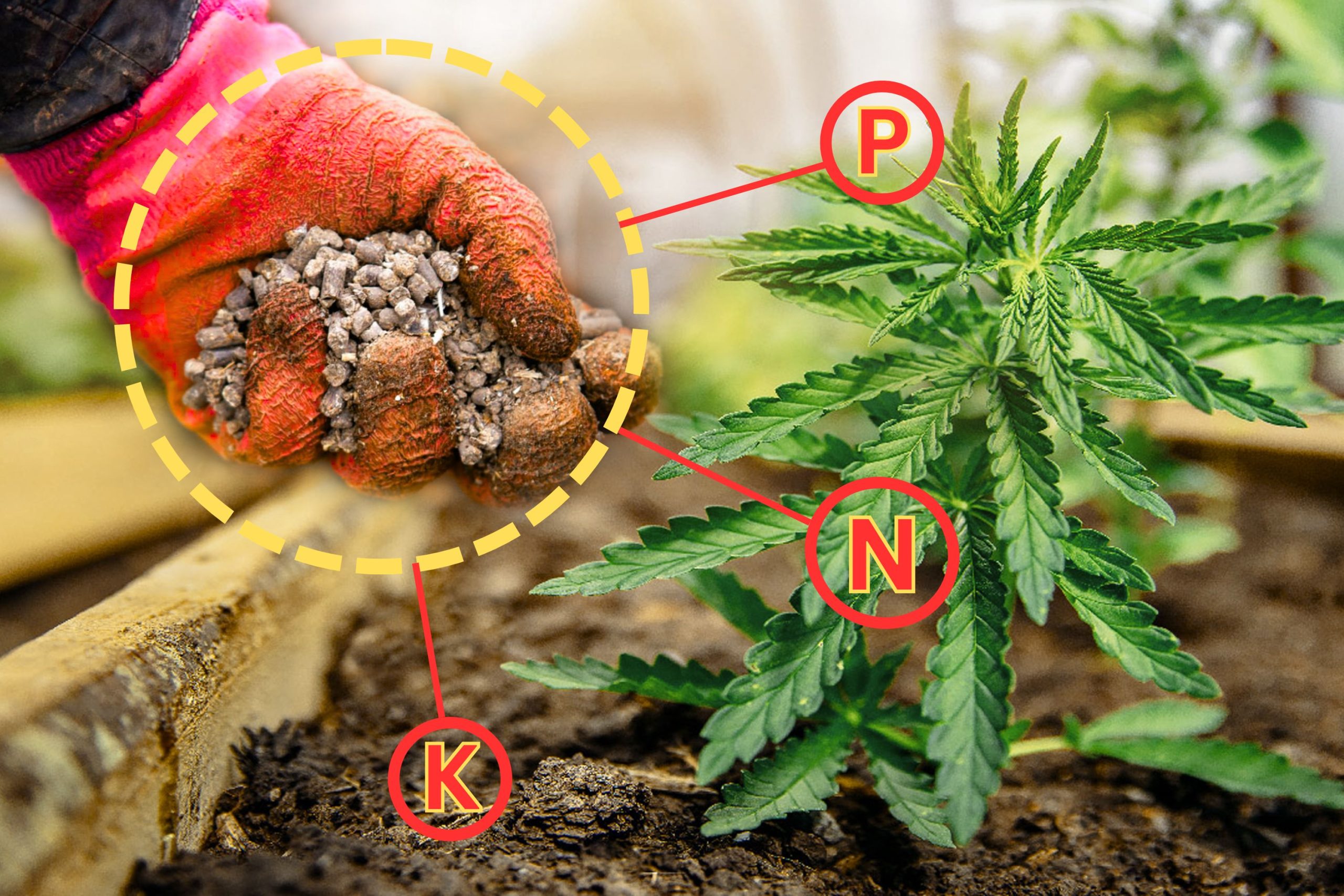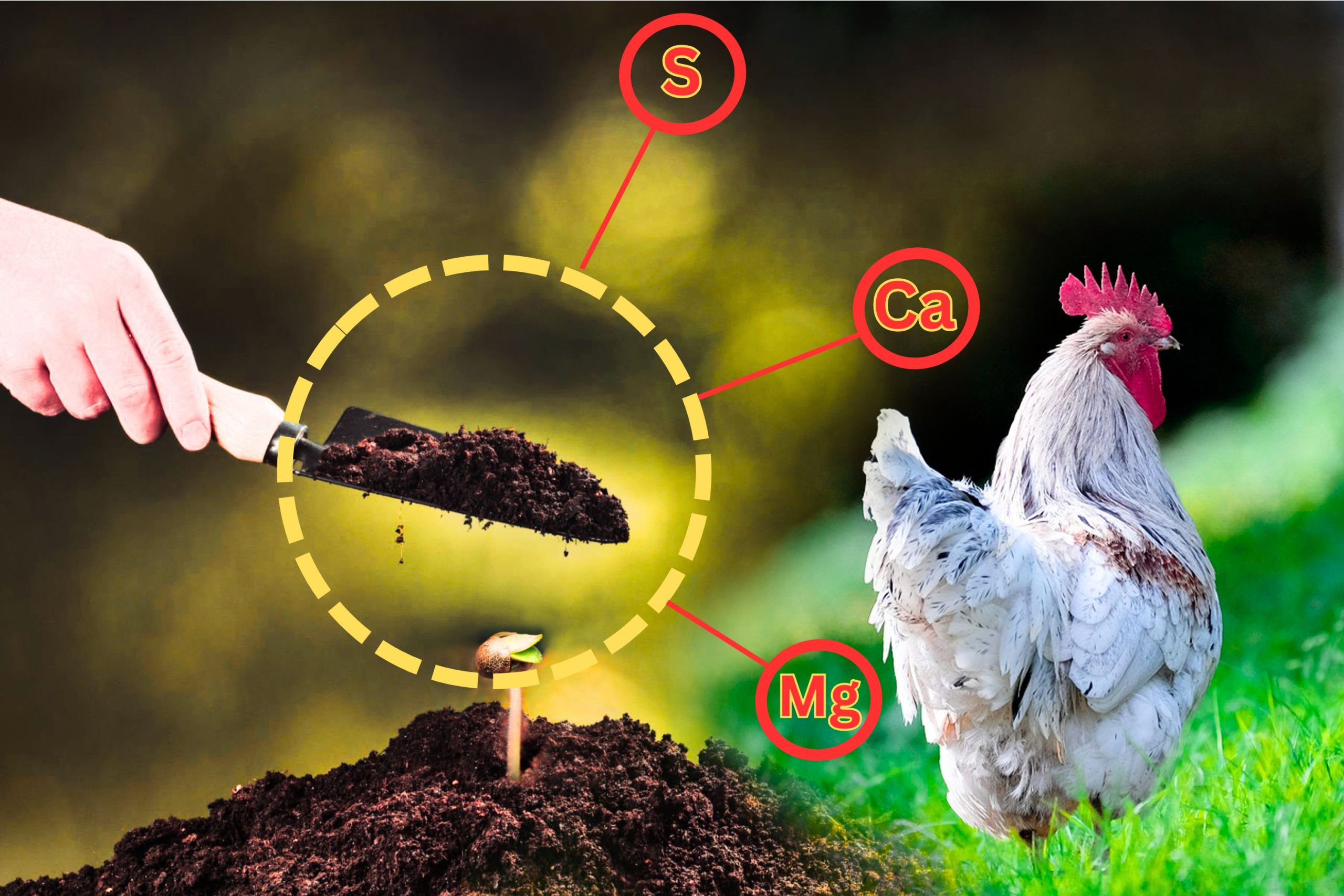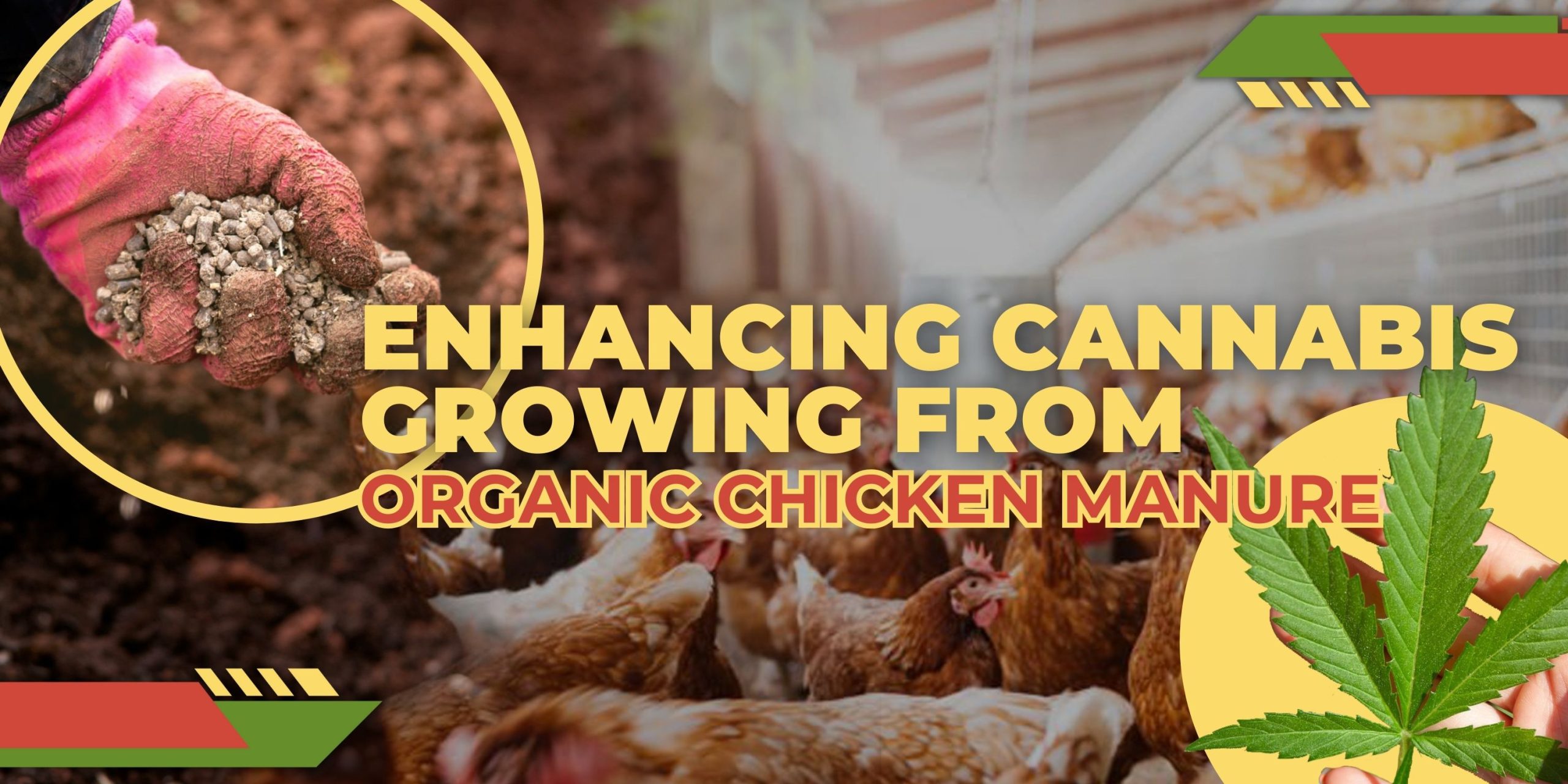Because they are affordable, sustainable, and efficient in producing superior output, organic farming techniques are becoming popular among cannabis growers. Chicken dung is the most dense organic fertilizer for pot plants; it is a rich natural source that increases soil fertility and supports good plant development. Chicken manure for cannabis plants is a great energy boost in the correct ratio, promising rich greens, strong root systems, and huge yields.
This tutorial looks at the advantages of chicken manure as a cannabis-growing component, perfect composting techniques, application methods, and a comparison with other organic fertilizers. By learning to use chicken manure and leaving no margin for error, farmers can create an ideal environment for strong plant development and total yields.
Revealing the Essential Nutritional Value of Chicken Manure: A Powerhouse

Chicken manure abounds with macronutrients and micronutrients needed for cannabis plant development. Its high nitrogen concentration makes it a great fertilizer for encouraging rich vegetative development. Chicken manure distributes nutrients gradually and offers more over time than synthetic fertilizers for weed plants, which provide a one-time but instantaneous source of nutrients.
Depending on the food, type of bedding, and processing, chicken manure’s general NPK ratio—that of nitrogen-phosphorus-potassium—varies from 3-2.5-1.5 to 6-4-3. This would imply that chicken manure provides:
- High nitrogen (N) is essential for both stem and leaf development, which drives strong vegetative structures in the cannabis plant.
- Moderate levels of phosphorous (P): Essential for bud development, blooming, and root growth.
- Moderate potassium concentration (K) enhances general metabolic activities, increases water-holding capacity, and helps plants resist diseases.
Additional Nutrients in Chicken Manure

Apart from its main macronutrients, chicken dung boasts a lot of secondary nutrients and trace elements, including:
- Calcium strengthens cell walls and guards against common shortages like blossom end rot.
- Magnesium is a key component in chlorophyll production, ensuring optimal photosynthesis.
- Sulfur enhances terpene synthesis in cannabis, so producing taste and scent.
Chicken dung is a balanced organic fertilizer for cannabis plants. It contains elements that improve plant well-being, soil structure, and microbial counts.
Chicken Manure’s Requirements for Composting
Why Raw Chicken Manure Too “Hot” for Cannabis
Even though raw chicken manure is an excellent source of nutrients, it is not safe for use on cannabis plants. It contains too much nitrogen, which might lead to nutrient burn, slowed-down development, and root damage. Furthermore, raw manure is home to damaging human and plant illnesses, including Salmonella and E. coli.
Before application, chicken poop weed has to be effectively composted if we are to remove pathogenic poisons and stable nutrients. The perfect fertilizer to feed cannabis crops from seedling to harvest stage—composting raw manure into a nutrient-rich, safe-to-use fertilizer delivering nutrients slowly under controlled conditions.
How to Correctly Compost Chicken Manure
To allow thorough breakdown and nutrient stabilisation, the composting process should run for six to nine months. Use this for best results:
- Mix chicken manure with carbon sources such as dried leaves, sawdust, or straw to immobilize the nitrogen.
- Every two to three weeks, turn the compost pile to aerate it and promote microbial breakdown.
- Track moisture levels; keep the pile moist but not overly wet to create anaerobic conditions and bad smells.
- Using a thermometer, track internal temperatures to keep within the range of 130–160°F (55–70°C), which kills germs.
- Let the compost develop until all raw components have completely broken down. Then, apply it to cannabis plants.
By adopting these composting principles, growers can produce a rich, pathogen-free organic manure that boosts the fertility of the soil and improves the quality of cannabis production.
Best Practices for Using Chicken Manure in Cannabis Production
Pre-Planting Soil Integration for Long-Term Benefits
Before planting, tiling chicken dung into the soil produces a healthily fed growing medium that promotes root development and microbiological well-being. For combining the dirt:
- For 1,000 square feet of developing space, use 100 to 150 pounds of composted chicken manure.
- For uniform nutrient distribution, mix totally into the top 6–8 inches of soil.
- Allow soil to rest for 2–3 weeks before planting to encourage microbial establishment to stabilize and prevent nutrient unbalances.
Top-dressing for continuous, intense development
A thin 0.5-inch top-dressing of chicken manure compost can give crops a slow nitrogen release throughout vegetative growth. This keeps plants from becoming overwhelmed with too plentiful nutrients. After the water, plants get the nutrients.
Composting Chicken Manure Tea Nutrient-Supplemental Compost
A good approach to provide cannabis plants with quick nutrients and probiotics is chicken manure compost tea. For manufacturing:
- Over 24 to 48 hours, steep two pounds of chicken compost dung in five litres of water.
- Continuous stirring or an air pump aerate the solution.
- To improve plant vigour, strain and foliar, spray or saturate soil using the liquid.
Compost tea increases nutrient absorption, microbial activity, and plant immunity against pests and diseases.
Conclusion
Chicken manure is a revolutionary organic marijuana growing medium with very high nitrogen, trace minerals, and microbial life that encourages healthy, growing plants. Its use, however, mostly requires appropriate methods of application and composting to avoid damaging plants.
Following best practices helps farmers to raise soil fertility, plant resistance, and production in an affordable and environmentally friendly way. Chicken dung is a natural powerhouse that helps cannabis plants long-term, whether it’s added to soil, utilized as a top dressing, or fermented into compost tea.
Organic Chicken Manure Use FAQs for Growing Cannabis
1. Can I use chicken manure during cannabis’s blossoming stage?
While you should not over-fertilize, chicken dung can be used during flowering. As a top dressing, use composted manure or tiny amounts of manure to prevent too much nitrogen, which can impede bud development.
2. How often ought I apply chicken manure fertilization to cannabis plants?
For best performance, use a pre-plant treatment made from composted chicken manure and a light top dressing during the vegetative phase. As a nutrient boost, compost tea could be used every two to three weeks.
3. Will cannabis’s taste or fragrance change from chicken manure?
Composting chicken dung will not affect cannabis’s taste or fragrance. Instead, it can boost terpene generation, producing more aromatic and savoury buds.
4. Growing in pots, may I make use of chicken manure?
Pot-growing uses for chicken manure include either utilizing it as liquid compost tea or blending it correctly with your potting soil mix; it must not overconcentrate salts of nutrients within the closed growing environment.
5. How can I get the smell of chicken dung gone?
Composting chicken dung successfully eliminates smells. To guarantee aerobic breakdown and reduce the stench, make sure the manure is completely composted before use and always kept in a well-ventilated place.















